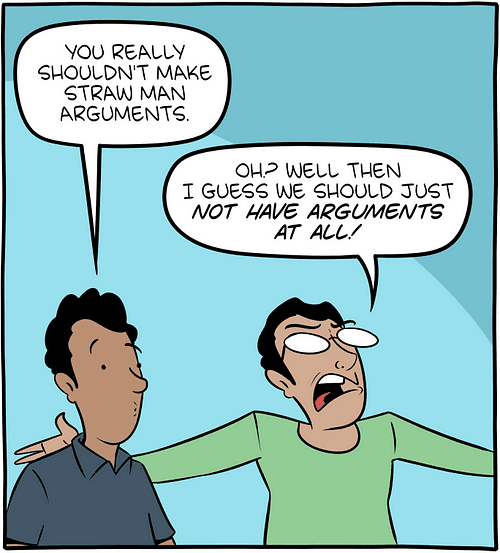Guidelines for Productive Disagreement
Curated from: medium.com
Ideas, facts & insights covering these topics:
5 ideas
·2.52K reads
6
Explore the World's Best Ideas
Join today and uncover 100+ curated journeys from 50+ topics. Unlock access to our mobile app with extensive features.
Guidelines for Disagreeing Productively
While discussing, debating or arguing, follow these guidelines:
- Use respectful language, even when talking of someone not present at that time.
- Opinions are not facts.
- Use words and also use silence.
- Be willing to learn something new, humbled by being proved wrong.
- Thank others for making you learn new things.
146
694 reads
Basic Understanding Of Ideas And Emotions
- In a discussion, there can be ideas and stuff you didn’t know about.
- Try to understand an alternative viewpoint.
- Do not jump into conclusions.
- Emotions are not attacks.
- Ask for clarification in case things get out of control.
105
473 reads
Asking Honest And Open Questions
- In an argument, ask open-ended, genuine questions.
- Try to find the answer to what you feel needs to be asked.
- Ask others as an individual and not as a group.
- Listen well.
107
404 reads
Speaking For Yourself
- Speak what you have experienced first-hand.
- Don’t answer questions not meant for you.
- Do not speculate, and clarify instead.
113
529 reads
Helping Each Other
- During a disagreement, your aim should be to learn something and make yourself and others a better person than before.
- Suggest improvements where things require intervention.
- Admit your own mistakes.
- Ask for direct feedback.
106
424 reads
IDEAS CURATED BY
Creator. Unapologetic student. Lifelong coffee ninja. Internet nerd. Bacon lover.
Valentina D.'s ideas are part of this journey:
Learn more about communication with this collection
The importance of perseverance
How to embrace failure as a learning opportunity
The power of innovation and creativity
Related collections
Similar ideas
6 ideas
6 ideas
ASKING WHY
anublogsofficial.art.blog
4 ideas
Do You Like the Person You Are Becoming?
becomingminimalist.com
Read & Learn
20x Faster
without
deepstash
with
deepstash
with
deepstash
Personalized microlearning
—
100+ Learning Journeys
—
Access to 200,000+ ideas
—
Access to the mobile app
—
Unlimited idea saving
—
—
Unlimited history
—
—
Unlimited listening to ideas
—
—
Downloading & offline access
—
—
Supercharge your mind with one idea per day
Enter your email and spend 1 minute every day to learn something new.
I agree to receive email updates

